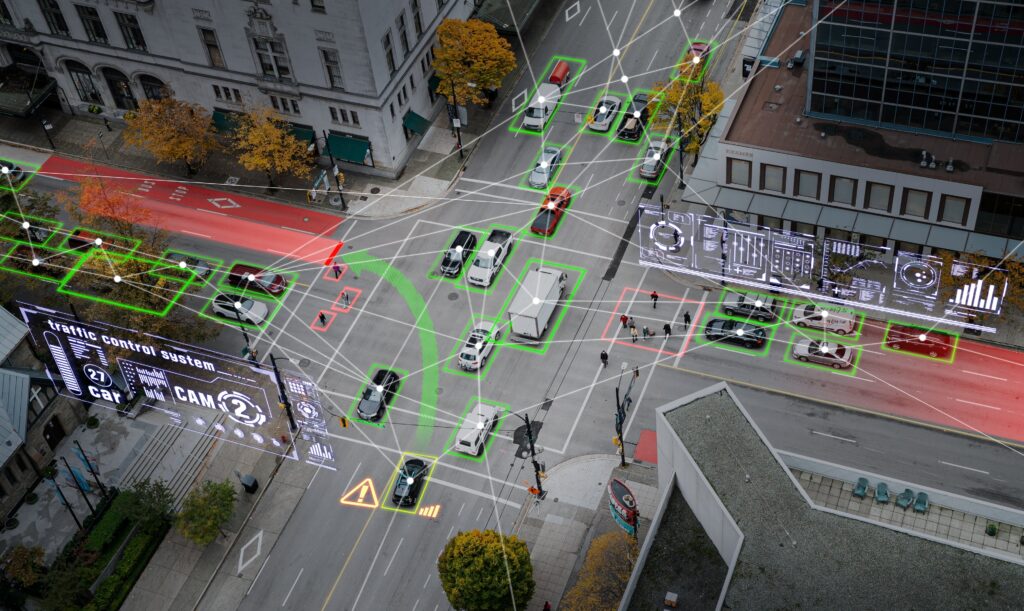
The world is rapidly moving towards decentralized networks. From blockchain technology to peer-to-peer applications, these systems offer a level of transparency and security that traditional centralized models struggle to achieve. However, decentralization comes with its own set of cybersecurity challenges.
Understanding Decentralized Networks
Before diving into the threats, let’s establish the basics. A decentralized network distributes data and applications across multiple locations, eliminating a single point of failure. This makes them more resistant but also creates a more complex security landscape.
While decentralized networks offer security benefits, using cloud providers like Azure introduces a new layer of considerations. Here’s how cloud providers can impact your decentralized network security:
Shared Responsibility Model
Cloud providers manage the security of the underlying infrastructure, but the responsibility for securing data and applications within the cloud environment falls on the customer. This can be complex for organizations unfamiliar with cloud security best practices.
Increased Attack Surface
Migrating to the cloud expands your attack surface, as attackers can now target not just your on-premises infrastructure but also the cloud provider’s infrastructure and services.
Misconfigurations
Misconfigurations of cloud resources can create security vulnerabilities. This is especially true for complex cloud environments with numerous resources and settings.
Insider Threats
Malicious actors with authorized access to the cloud environment can pose a significant threat. Strict access controls and monitoring are crucial.
Why Decentralized Networks are Attractive Targets for Hackers
While decentralization offers advantages, it also makes these networks attractive targets for hackers. Here’s why:
- An Increased Attack Surface: Decentralized networks have a wider attack surface compared to centralized systems. Hackers have more entry points to exploit network vulnerabilities.
- High-Value Assets: Decentralized networks often handle valuable assets like cryptocurrencies, making them prime targets for financial gain.
- Anonymity: Decentralized networks often offer anonymity to users, which can also be exploited by malicious actors to mask their activities.
Common Cybersecurity Threats in Decentralized Networks
- Smart Contract Bugs: Smart contracts are the self-executing code that powers decentralized applications. Bugs in these contracts can be exploited to steal funds or manipulate the network.
- Sybil Attacks: In a Sybil attack, a malicious actor takes control of a large number of nodes in the network to disrupt its operation or manipulate data.
- Social Engineering: Hackers can still use traditional social engineering tactics to trick users into revealing sensitive information or clicking on malicious links (read more about this here.)
Decentralized Network Security: Mitigating the Risks
Here’s how you can improve your decentralized network security:
- Mirazon Security Assessments: A comprehensive security assessment by Mirazon can identify network vulnerabilities in your network and provide actionable steps for remediation.
- Managed IT Security: Partnering with a Managed Service Provider (MSP) like Mirazon offers ongoing monitoring, threat detection, and incident response, providing a proactive approach to security.
- MSP solutions for decentralized networks: Many MSPs offer specialized solutions for decentralized networks, including smart contract auditing and penetration testing.
How a Nomadic Workforce Affects Cybersecurity Concerns
A nomadic workforce, where employees work remotely from various locations, can introduce additional security challenges for decentralized networks. An MSP can help by:
- Implementing secure access controls
- Educating employees on best practices for cybersecurity
- Ensuring consistent security posture regardless of location
By taking proactive measures and partnering with a trusted security provider, you can ensure your decentralized network remains secure, and your valuable assets are protected.
Keeping Your Network Traffic Secure with an MSP

An MSP can be your partner in securing your decentralized network. They can provide the
expertise and resources needed to:
- Implement robust security protocols
- Monitor your network for suspicious activity
- Respond quickly to security incidents
Don’t let hackers exploit the vulnerabilities of your decentralized network. Contact Mirazon today to discuss your Managed IT Security needs and learn more about Mirazon Security Assessments.